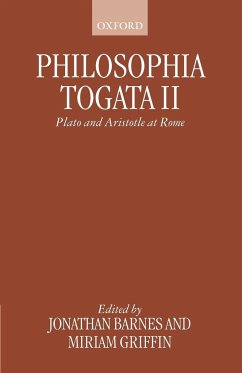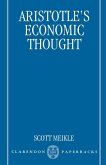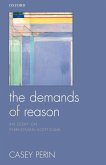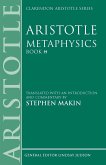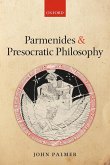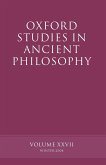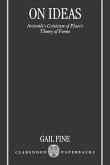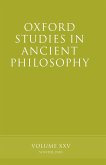The role of philosophy as a valued and effective part of the culture of civilized Romans has aroused an increasing amount of scholarly interest in recent years. In this volume, which gathers together nine papers delivered at a series of seminars on philosophy and Roman society in the University of Oxford, scholars of classical literature, Roman history, and ancient philosophy investigate the place of Platonism and Aristotelianism in Roman intellectual, cultural, and political life from the second century BC to the third century AD. In addition to chapters on such important figures as Cicero, Varro, Plutarch, Favorinus, Celsus, and Porphyry, the book contains essays on the tradition of Aristotle's library at Rome, the theory of the mixed constitution, and the anonymous commentary on Plato's Theaetetus. It thus forms a complement to Philosophia Togata I which addressed the importance of the doctrines of the Hellenistic schools to Roman society during the first century BC.
The mutual interaction of philosophy and Roman political and cultural life has aroused more and more interest in recent years among students of classical literature, Roman history, and ancient philosophy. In this volume, which gathers together some of the papers originally delivered at a series of seminars in the University of Oxford, scholars from all three disciplines explore the role of Platonism and Aristotelianism in Roman intellectual, cultural, and political life from the second century BC to the third century AD.
The mutual interaction of philosophy and Roman political and cultural life has aroused more and more interest in recent years among students of classical literature, Roman history, and ancient philosophy. In this volume, which gathers together some of the papers originally delivered at a series of seminars in the University of Oxford, scholars from all three disciplines explore the role of Platonism and Aristotelianism in Roman intellectual, cultural, and political life from the second century BC to the third century AD.

